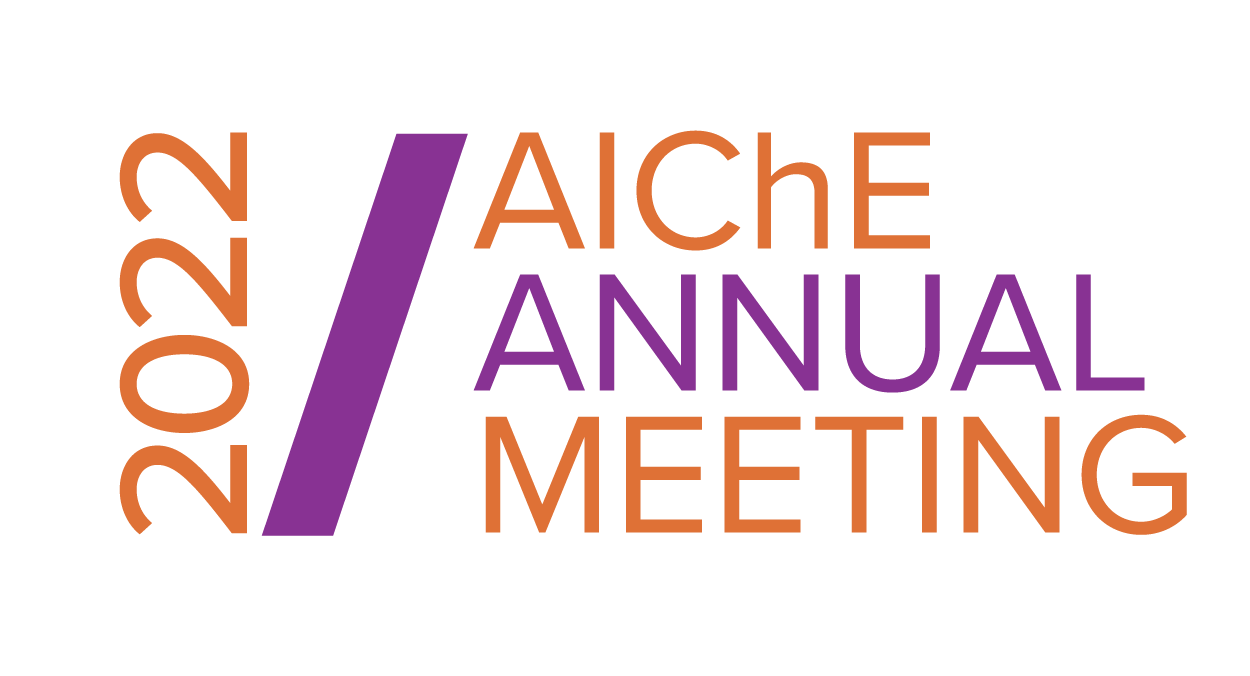

Globally, over 300 million tons of plastics are manufactured annually, but only a minor fraction of the waste is recycled. The accumulation of waste plastics in landfills has been considered one of the most challenging environmental issues, emphasizing the pressing need to develop new technologies for recycling or upcycling plastics. Poly(ethylene terephthalate) (PET) upcycling can be achieved by depolymerizing PET into terephthalic acid (TPA) and ethylene glycol (EG) and biologically converting these monomers into value-added products. However, there are only a handful of reports demonstrating microbial strains capable of growing on both TPA and EG generated from PET as sole carbon sources. To overcome this critical limitation, we have performed strain screening to discover a Rhodococcus strain (named RPET) that can grow well on the alkaline hydrolysis products of PET as the sole carbon source without any purification step. In this talk, I will discuss the development of a new biotechnological method for converting PET into lycopene. Importantly, the current commercial production of lycopene mainly relies on extraction from tomatoes, deepening the issue of food inequality. This work proposes to solve the issues, including food inequality, sustainable chemical production, and plastic pollution. Notably, this work lays the foundation for a system to upcycle PET to value-added chemicals, which is a critical step toward realizing a fully circular plastic economy.
Presenter(s)
Once the content has been viewed and you have attested to it, you will be able to download and print a certificate for PDH credits.
If you have already viewed this content,
please click here
to login.
